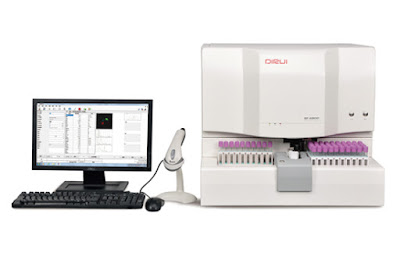Automation in the blood bank can be a turnaround time saver and staffing force multiplier. However, optimizing the testing workflow on the existing platforms should be the first order of business when considering new automation. There are companies that can be hired to do this, and they may present ways to optimize current analyzers with minor adjustments in the workflow process. Beginning with the end in mind, mapping the current workflow processes will provide a baseline for improving operations in any blood bank and laboratory.
Consider the laboratory structure. Is there a core laboratory concept with blood bank and microbiology located in the same workspace? Is it necessary to consider changes to the power, IT connections, and physical space in the planning process for new automation? Many laboratory structures limit the ability to share technologies and products, which creates operational gaps and challenges staffing models. Workflow process mapping will ensure that a lab leader has defined the many interconnected operations that impact the overall efficiency of a laboratory and point out key areas where automation may help make great strides in productivity. Placement of automation can allow for integration and cross training of the technical staff. A well-trained, cross-functional staff can be a great tool in generating efficiencies as well as reducing laboratorian burnout.
Source: MedicalLaboratoryObserver




